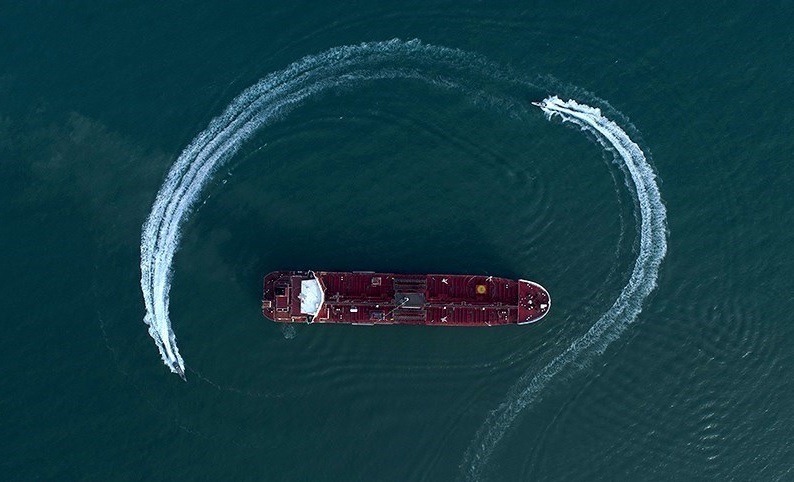Dr. Mohammad Reza Dehshiri noted that any security plan for the Persian Gulf must have two major conditions: First that security should be provided by the countries of the region; therefore, any exogenous collective security system, i.e. schemes based on the intervention of the foreign powers which would open the way for them to intervene in the Persian Gulf security system is not acceptable.
Secondly, he said, any security provision in the Persian Gulf should ensure Iran’s freedom of shipping beyond the Persian Gulf so that Iran’s oil tankers can operate freely wherever their destination is in international waterways.
The university lecturer stated: “If the provision of Persian Gulf security is strictly for other countries and the Islamic Republic of Iran does not benefit from it, then this plan is unacceptable. A plan is acceptable that is comprehensive and all-embracing and could guarantee free navigation of oil tankers both in the Persian Gulf and in international waterways: A plan that will ensure safe passage through all maritime shipping lines and not restricted to the Persian Gulf. These two general principles should be underlined.”
Commenting on a plan proposed by the United States on the Persian Gulf, he said the scheme requires the US presence in the Persian Gulf, adding: “But we are opposed to the presence of foreign powers in ensuring the security of the Persian Gulf and therefore cannot accept the US scheme. Meantime, a plan by Britain and Europe for presence and participation in the Persian Gulf security system, and in practice for the safety of oil tankers of other countries is unacceptable if the Islamic Republic of Iran is not going to benefit from it.”
Meanwhile, he said that Iran should declare that it is imperative for the issue of oil tankers traffic to be considered on a large international scale and should not be limited to a particular region like the Persian Gulf. Meanwhile, all tankers should benefit from that plan and the concession should not be limited to certain tankers, he noted.










0 Comments